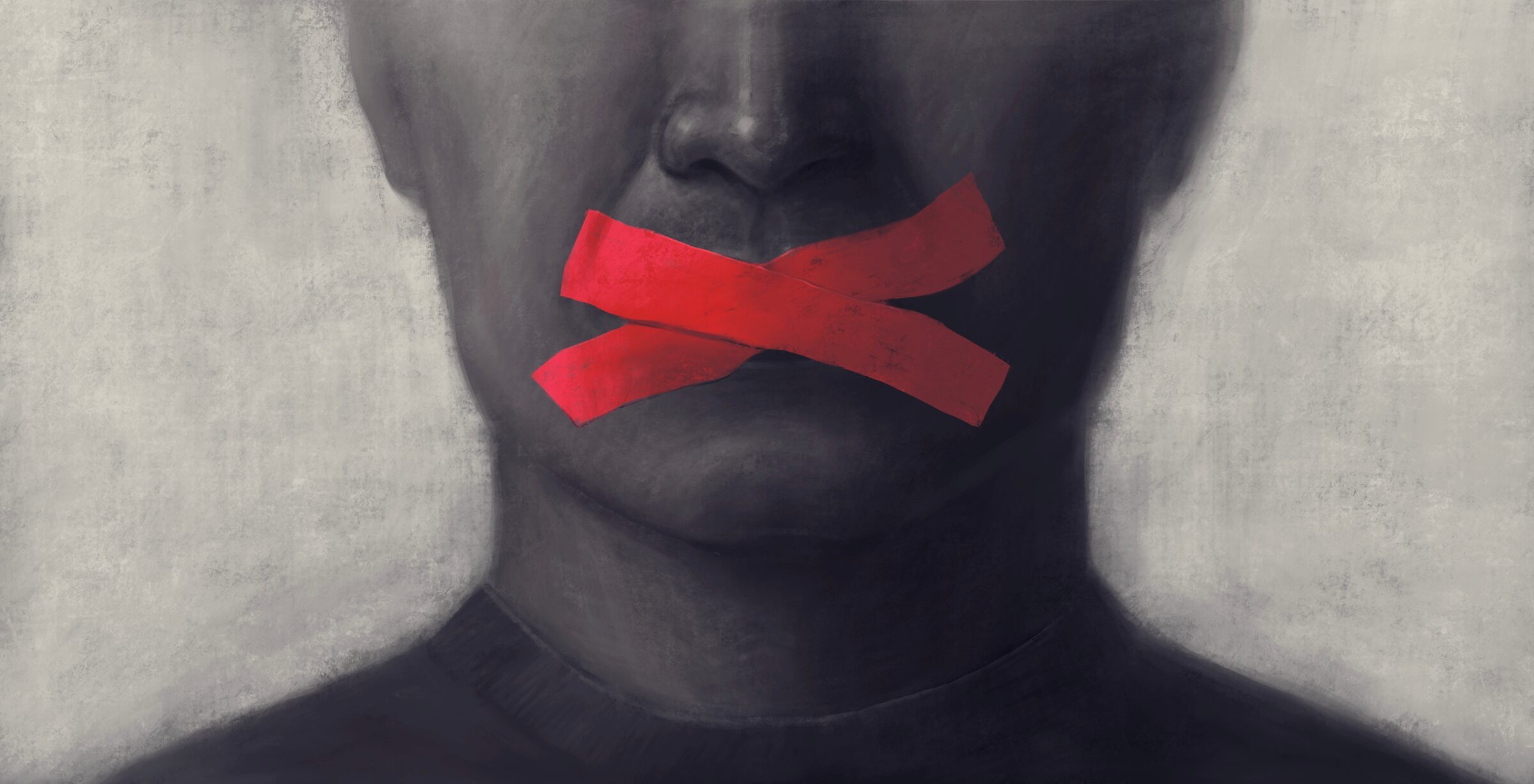American College of Clinical Pharmacy Runs Away from Open Scientific Discourse
Originally published at National ReviewThe scientific method and the crafting of public policy requires open scientific discourse. But these days, that is in increasingly short supply. The science establishment is more dedicated to stifling those who dissent from policy orthodoxies.
Latest example: Prominent hematologist Vinay Prasad was invited to give a keynote lecture at the American College of Clinical Pharmacy’s (ACCP) annual meeting on a non-Covid related subject: Whether approvals of medicine should have an expiration date — a reasonable question. But because he had contested Covid orthodoxy, the intolerant ones mounted a campaign to have his presentation canceled. From Prasad’s recounting in the The Free Press:
Back in May, ACCP’s executive director, Michael S. Maddux, approached me to speak at their event. He told me the 16,000-member organization, like Sensible Medicine, the Substack colleagues and I run, was committed to the “best available evidence” to guide decision-making in medicine. I initially demurred due to overcommitment — last year I accepted 75 invited lectures — but the folks at ACCP were persistent, and I finally accepted.
We agreed my talk would focus on whether medical evidence should have an expiration date. In other words, as conditions change (less smoking; more obesity), should doctors and pharmacists regularly reassess the evidence for our pharmaceutical treatments? I have published both an academic paper and a Sensible Medicine post on this topic.
You know what happened next — he was canceled:
What was my crime? The critics were vague. In one open letter, Alicia Lichvar, a University of California, San Diego pharmacist, alleged that I had a “history of spreading misleading and inaccurate information” about Covid policy, and that my presence on the podium would be to “spit in the faces” of virtually everyone who has been affected by Covid.
My views on Covid policy are no secret. I’ve shared them in publications like The Washington Post, CNN, U.S. News & World Report, Slate, The Atlantic, and The Free Press.
As a physician and medical scholar who has published over 450 academic articles and two books, my research team and I base our opinions on a sober assessment of available evidence. We found that there was no strong data to back up masking kids or closing schools. The drug Paxlovid lacks evidence to support its use in vaccinated people. The CDC has made numerous errors, including inflating the number of children who died from the virus.
Remember, Prasad’s lecture was not about Covid policy, but on a subject about which he is eminently qualified to present. No matter. The powers that be at ACCP soon revoked the invitation and the censorship crowd had, once again, succeeded in undermining the proper workings of science.
Prasad correctly notes that such cowardice has an impact well beyond the canceled speech:
I pity those unwilling to engage in ideas. But I feel intense concern for the young men and women who are receiving the message: keep your ideas to yourself, or else be punished. That’s not the America I cherished, where we were encouraged to express our opinion to friends, colleagues, and the public sphere. A 2017 survey by FIRE showed that 78 percent of students who consider themselves “very liberal” and 38 percent of “very conservative” students support withdrawing a guest speaker’s invitation in some cases. I worry that those who carry this authoritarian impulse often have more influence than those who are committed to open discourse.
The ongoing attempts to make dissenters of Covid policy (and other important scientific issues) personae non gratae is reprehensible and should be resisted implacably by the leaders of the scientific establishment. Instead, they continue to hide under their desks. Suppression of scientific dissent has to stop — for the sake of science.
